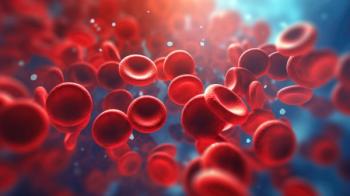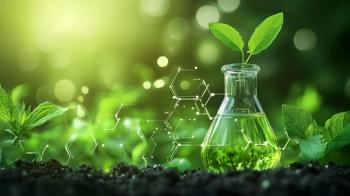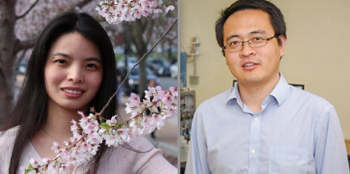
The Importance of Sustainability in Analytical Chemistry: A Pittcon Interview with Omowunmi Sadik
At Pittcon 2024, LCGC International editor Patrick Lavery sat down with Omowunmi Sadik of the New Jersey Institute of Technology (NJIT) to talk about the importance of sustainability in future scientific research.
Omowunmi Sadik,
Her primary focus lies in understanding interfaces, particularly the electrochemical interface, and leveraging this understanding to develop innovative bioanalytical sensor technologies. These technologies aim to address pressing issues related to human health and environmental sustainability. Notably, Sadik has developed a biosensor technology capable of objectively assessing pain experienced by patients based on the fundamental biochemical processes underlying pain.
Sadik's contributions to the field have been widely recognized, as evidenced by her numerous fellowships and awards from esteemed organizations such as the American Chemical Society (ACS), the American Institute of Medical and Biological Engineering (AIMBE), The National Academy of Inventors, and the Royal Society of Chemistry (RSC). She has also received prestigious honors like the Radcliffe Fellowship, NIH Outstanding Scientific Achievement & WALS Lectureship, SUNY Chancellor’s Award for Scholarship and Creative Activities, and NSF’s Discovery Corps Senior Fellowship.
Additionally, Sadik plays a significant role in fostering scientific engagement and awareness as the Co-Founder and President of the Sustainable Nanotechnology Organization (
LCGC International sat down with Sadik to discuss the following topics:
- What was your reaction to being told you were giving the Coulter Lecture at this year’s Pittcon? (0:13)
- In the scope of your career, where does this rank? What will you look back on about this experience? (0:46)
- What projects do you have going on at the moment? (1:11)
- Where do you see the future of the industry headed, and what should the next generation of scientists be preparing for, particularly with regard to sustainability? (2:00)
- What have you enjoyed about being here in San Diego for this year’s Pittcon? (4:43)
Newsletter
Join the global community of analytical scientists who trust LCGC for insights on the latest techniques, trends, and expert solutions in chromatography.




